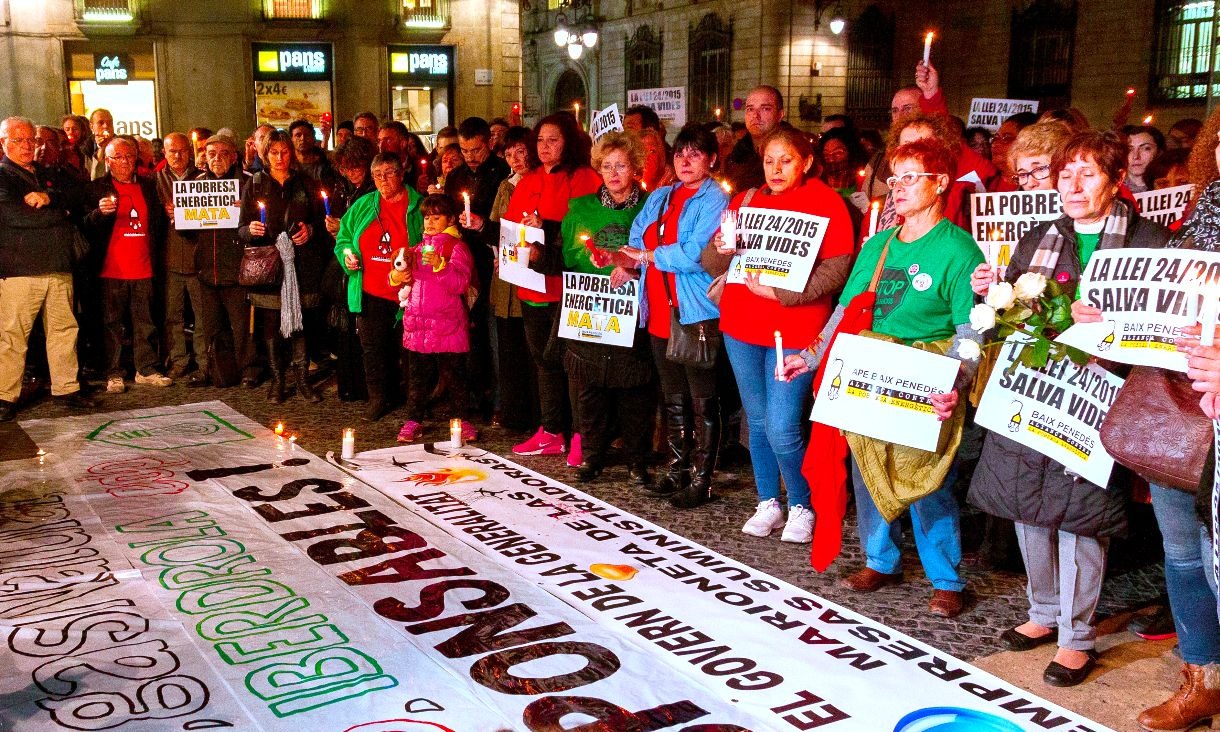In line with a commitment to build a safe and respectful University community, RMIT is leading the way through restorative engagement.
RMIT has developed a program of restorative engagement with the Centre for Innovative Justice (CIJ) as a way of opening its doors to those who may have been harmed in the past, and working with those who feel that the University’s historical response to their disclosures of sexual harm was not sufficient or satisfactory.
As part of this, the Vice-Chancellor and the RMIT Executive team have each undertaken specialist training in responding to sexual assault disclosures and restorative conferencing.
Vice-Chancellor and President Martin Bean CBE said one incident of sexual harassment or sexual assault was one too many.
“It’s something we do not and will not tolerate,” he said.
Restorative engagement has been proven to meet the needs of victims and help in their recovery and RMIT is the first University in Australia to move into this space as part of its three-year Changing the Course framework.
RMIT has committed to implementing the restorative engagement program, along with a suite of other measures aimed at building a community where every student and staff member feels safe, respected, valued and treated equally.
Director of the Centre for Innovative Justice Rob Hulls commended the University’s initiative.
“It’s great to see RMIT embracing a process that is innovative and has been proven to work in other contexts,” he said.
“Having the University Executive on board shows real leadership and we believe it could go some way to repairing some of the harm from the past, and putting measures in place to stop it happening again.”
The restorative engagement model brings survivors together with senior University representatives, using a trained mediator to discuss what happened, the harm that was caused and the steps that could be taken to prevent it from happening again.
The role of University representatives in this process is to listen, acknowledge the experiences and commit to ongoing measures to prevent future harm.
Restorative engagement is designed to build a level of understanding within the University leadership to ensure that the commitment to change is based on insight and empathy and not just the requirement to comply with relevant standards and procedures.
"We will continue to refine our actions so they are swift, comprehensive and appropriately support students and staff. This goes to the core of our values as a community that supports and cares about each other,” Vice-Chancellor Bean said.
Story: Karen Phelan





